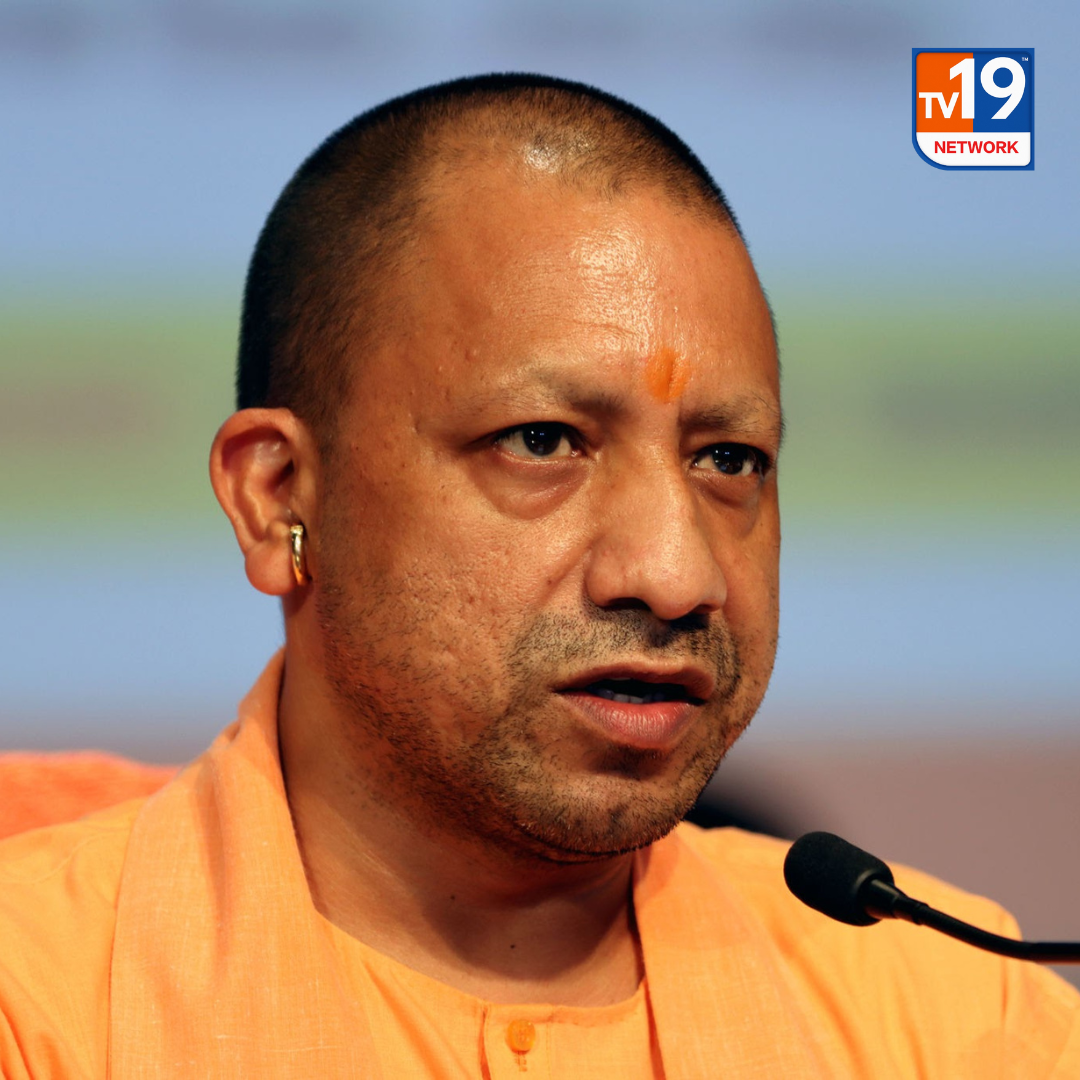Russia's Bold Move: Paying Students to Have Babies Amid Demographic Crisis
Moscow - In a bid to counteract its declining birth rate, Russia has introduced a controversial policy offering financial incentives to young female students who give birth. Starting January 2025, regions like Karelia are providing 100,000 rubles (approximately $900) to full-time female students under 25 who deliver healthy babies.
A Nation in Demographic Decline
Russia's birth rate has plummeted to a 25-year low, with only 599,600 children born in 2024—a significant decrease from previous years. If this trend continues, experts warn that the country's population could halve by the end of the century.
Financial Incentives: A Solution or a Band-Aid?
Beyond regional bonuses, the federal government has also increased maternity benefits. Starting in 2025, first-time mothers will receive 677,000 rubles (around $6,150), while mothers having a second child can get up to 894,000 rubles ($8,130).
Critics Question Effectiveness
Experts argue that these financial measures may not address underlying issues such as economic instability and lack of support for women's welfare. Concerns also arise over the adequacy of the incentives, given the substantial costs of child-rearing.
Broader Measures and Controversies
The Russian government is exploring additional measures, including unconventional initiatives to boost birth rates. Proposed ideas range from promoting more frequent work breaks for intimacy to offering state-funded matchmaking services.
While Russia's approach to its demographic crisis includes financial incentives and creative proposals, the effectiveness of these measures remains uncertain. Addressing deeper societal and economic challenges may be essential for sustainable population growth.





